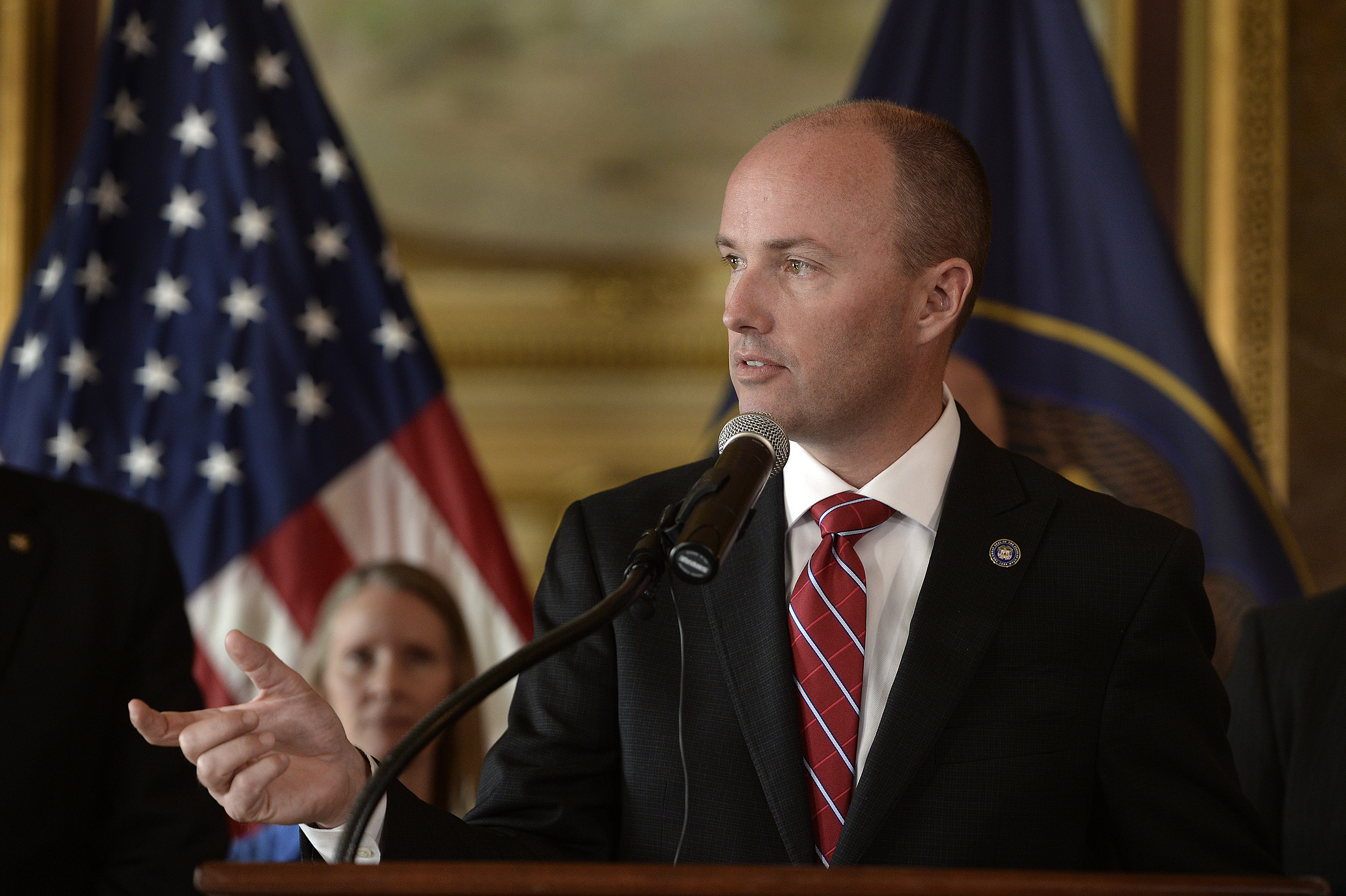Clik here to view.
 Image may be NSFW.
Image may be NSFW.Clik here to view.
 Image may be NSFW.
Image may be NSFW.Clik here to view.
 Image may be NSFW.
Image may be NSFW.Clik here to view.
 Image may be NSFW.
Image may be NSFW.Clik here to view.
 Image may be NSFW.
Image may be NSFW.Clik here to view.
 Image may be NSFW.
Image may be NSFW.Clik here to view.
 Image may be NSFW.
Image may be NSFW.Clik here to view.
 Image may be NSFW.
Image may be NSFW.Clik here to view.
 Image may be NSFW.
Image may be NSFW.Clik here to view.
 Image may be NSFW.
Image may be NSFW.Clik here to view.
 Image may be NSFW.
Image may be NSFW.Clik here to view.
 Image may be NSFW.
Image may be NSFW.Clik here to view.
 Image may be NSFW.
Image may be NSFW.Clik here to view.
 Image may be NSFW.
Image may be NSFW.Clik here to view.

The federal Health and Human Services Department has approved Utah’s long-requested Medicaid waiver — a plan that gives funding to provide health coverage for about 6,000 poor adults without children.
The waiver and accompanying federal funding are critical parts of Operation Rio Grande, the effort attempting to crack down on lawlessness in downtown Salt Lake City and provide services — including mental health care and drug-addiction treatment — to homeless Utahns.
Gov. Gary Herbert and more than a dozen other state and local officials gathered Wednesday at the state Capitol to announce the agreement, which officials said wasn’t finalized by the feds until minutes earlier. Herbert said the waiver would “help those people who really are our most vulnerable populations” — especially the homeless, who often face drug addiction and mental health issues.
“I wish we were in a concert venue right now,” House Speaker Greg Hughes, R-Draper, said. “I wish we had horns and music and drums going on. Because I am so happy, so relieved that these waivers — that began in a past administration — have received the green light.”
The Utah Department of Health first submitted the waiver to the Centers for Medicare and Medicaid Services in July 2016, with hopes of enrolling individuals Jan. 1, 2017.
But nothing much happened; federal approval never came. In August, state officials sent the feds another, modified waiver proposal. It added work requirements and other restrictions on eligible months of coverage — amendments that had been nonstarters under President Barack Obama’s administration.
State officials said Wednesday the new approval does not include those amendments submitted in August, though the Department of Health would continue to try to “obtain authorization for these additional flexibilities.”
“I know many of you probably thought this was an easy lift,” said state Rep. Jim Dunnigan, R-Taylorsville, who sponsored the 2016 legislation. “It’s been a lot of work.”
“I don’t know how much more of a deserving population you can get [who needs health coverage],” Dunnigan added.
The state will begin enrolling Utahns newly eligible for Medicaid immediately. To be eligible, residents must earn no more than 5 percent of the federal poverty level and must be deemed “chronically” homeless or be in the criminal justice system.
The expansion includes roughly $70 million annually in federal funding and $30 million from state sources, including hospitals. Officials said they will enroll eligible Utahns as they apply. But they acknowledged it’s possible they will reach their funding limits and be forced to close enrollment before all eligible candidates get coverage.
A focus of Operation Rio Grande is adding more drug treatment beds for those swept up in the clampdown, including a large number addicted to opioids. About $10 million per year from the waiver funds will allow the state to add roughly 180 beds over the next year, officials said. Representatives of some of those drug abuse recovery centers were in attendance Wednesday, including Odyssey House and First Step House.
Wednesday’s announcement was mostly a Republican affair, but Salt Lake City Mayor Jackie Biskupski and Salt Lake County Mayor Ben McAdams, the state’s two most prominent Democrats, also were there. Both have been big proponents of Operation Rio Grande.
McAdams said the waiver deal wasn’t perfect, but he backed it because it was the one proposal that “was able to garner enough support to move forward in Utah.” Full Medicaid expansion under the Affordable Care Act — which would give health care to about 120,000 low-income Utahns — has never gained enough traction in the Republican-controlled Legislature.
“Today is an answer to the prayers of families and loved ones of the people who are in crisis right now,” McAdams said.
“This [waiver] is a critical piece for us as we address homelessness and drug addiction that is occurring in this city,” added Biskupski.
The Salt Lake Tribune will update this story throughout the day.